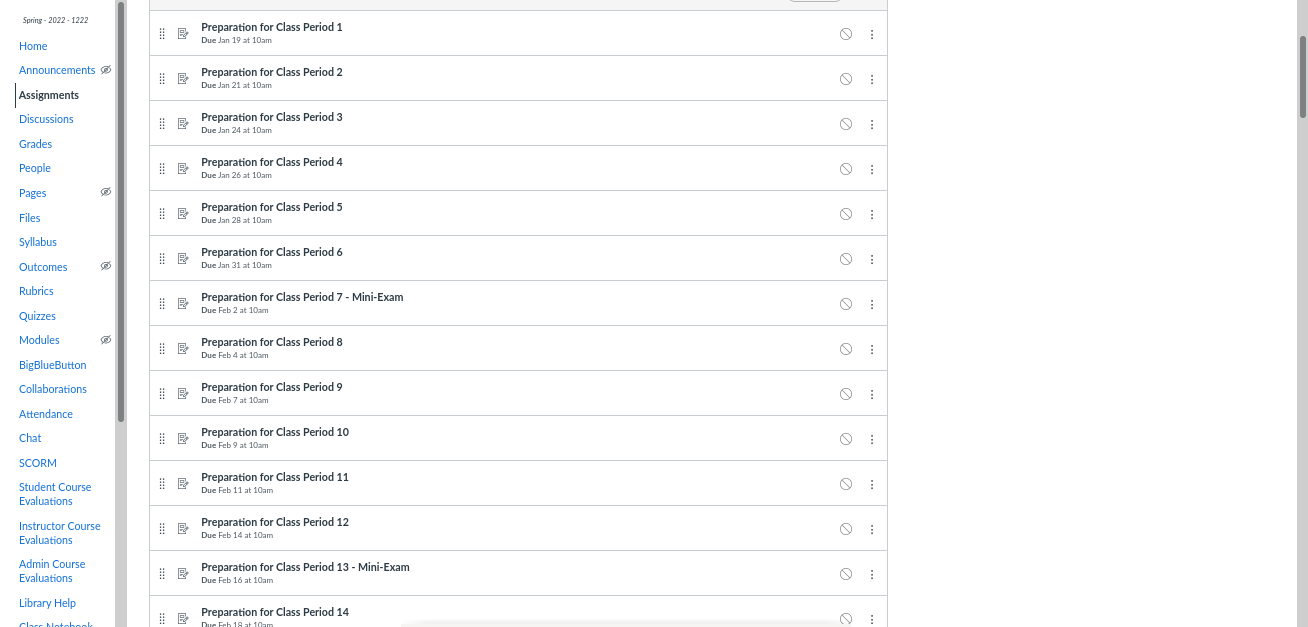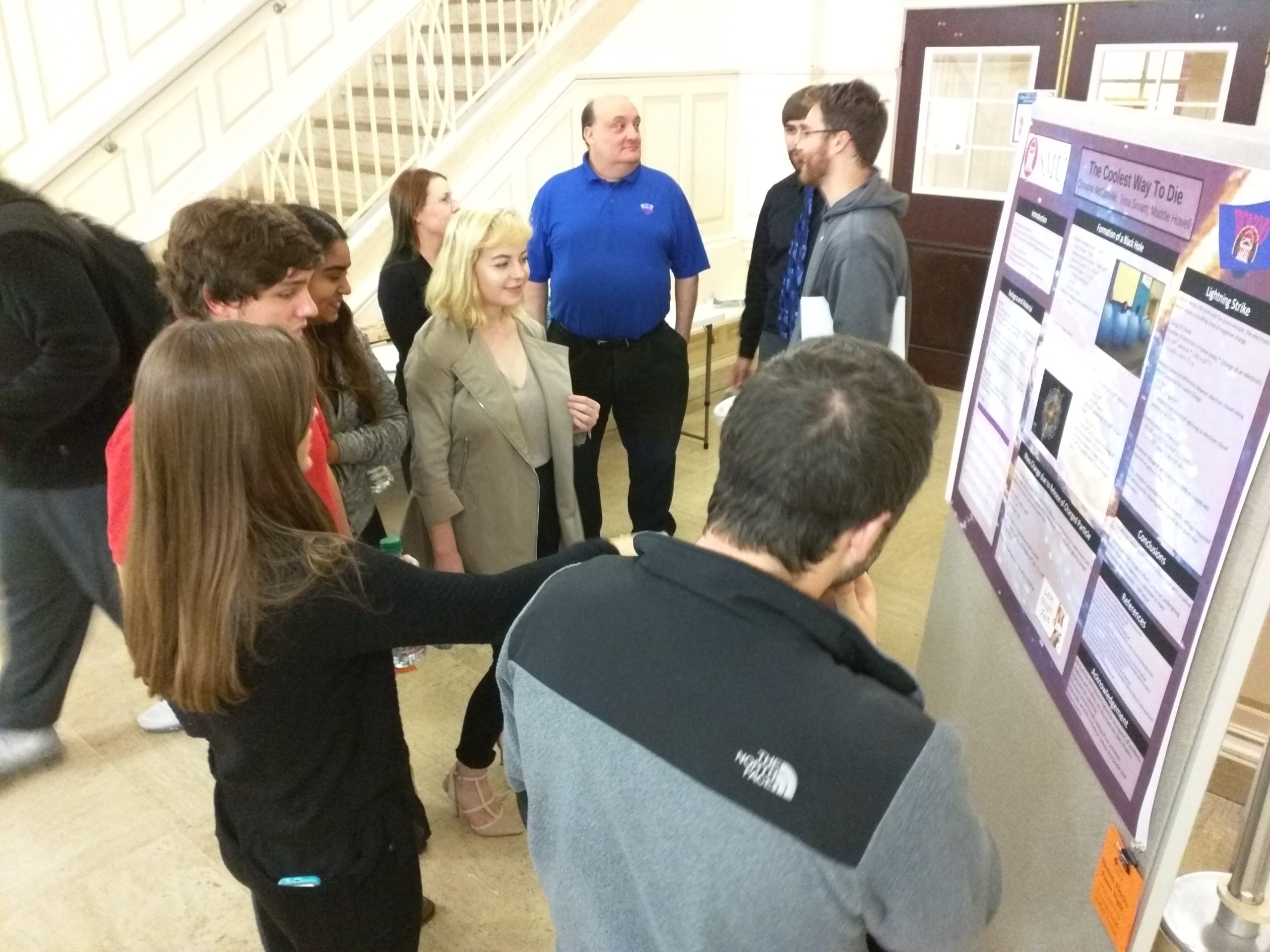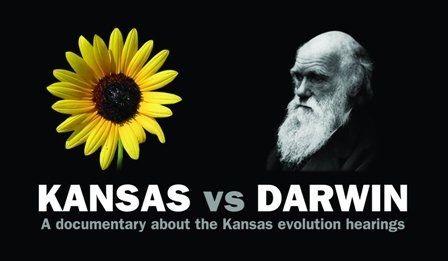
Course evaluations are imperfect (in a different way, of course, grades are an imperfect measure of student potential). Students evaluating professors is fraught with peril in both directions. That said, there is immense social value in course evaluations, and a professor who doesn’t read their course evaluations or, even better, digest and respond to them, risks failing to evolve as a teacher. Sure, course evaluations can just be whining… but that is part of a catharsis for students. I am loathe to rob students of healthy outlets for either frustration or enthusiasm. The alternatives are some very unhealthy ones.
I’ve written about course evaluations before in this blog. In that post, I noted that one way I wanted to evolve my teaching was to digest course evaluations and use this blog as a means to take the second step in a conversation. Course evaluations, by their nature, run the risk of being a one-sided conversation. Students get to vent or thrill at the end of a course, and I am offered no voice in response. Writing is a means to reclaim my voice in what should be a conversation. So, here we go: here is my digestion and response to my course evaluations for the Fall 2019 Modern Physics course at SMU (PHYS 3305).
General Review
The general review of my course was overall resoundingly positive. Numerical scores were all above the College and Department average, with 8/13 students providing evaluations (not a bad response rate, although it’s a small course).
Since the student respondents are anonymous, I will number their comments in the following sections and respond to them by number. Six students provided responses to the prompt about what contributed to their learning; seven responded to the prompt about what suggestions they would make for improvement. Student respondents 1-6 will be those who wrote for the first prompt, and 7-13 will be those who wrote for the second prompt.
What did students like?
The students claimed I defined and explained course objectives well, presented material effectively, used class time effectively, answer questions outside of class, challenge them intellectually, helped them develop knowledge and skills, and fostered a respectful environment. Those are the issues that receive numerical scores, and typically 7-8 students rated the course as 5/5, with 1 student occasionally giving a 4/5.
In written comments, in response to the prompt “What two or three elements of this course contributed most to your learning?”, they pointed to the flipped classroom and workshop-style class periods as a strength:
We learned the concepts by doing in-class exercises (and asking other students and the instructor for help if needed), not by the instructor lecturing for the whole period. I feel that I was able to understand the concepts a lot more in class because of the exercises in class. Helping other students was a way for me to solidify my own understanding of the concepts. Getting help from other students also was beneficial because we could all relate to each other, and so we understood how to explain things to each other.
Student Respondent 1
The teaching style and the flipped classroom structure leaves the responsibility to the students to choose what the class periods are focused on. Students learn the material beforehand and bring their questions to class. The rest of the lecture time is spent solving problems with the help of Dr. Sekula.
Student Respondent 3
The in class problems were tremendously helpful! I also liked the pre class [sic] videos – it forces you to learn the material twice which helps in the long run.
Student Respondent 6
What did students not like?
In the written comments, in response to the prompt, “What two or three suggestions would you make to improve this course in the future?”, there were some critical comments that will help shape the course going forward. Two of the respondents (12 and 13) said they had nothing to suggest, so they were not really providing critical feedback.
Here are the substantive comments:
I had trouble with a lot of the homework assignments. I asked my instructor during his office hours, and it was immensely helpful whenever I went. However, I could not always make it because I was too busy or too sick to be at school. I know many other students who are also very stressed and busy. For those students, I suggest that they add an online class forum.
Student Respondent 7
I would give up on the lecture that the students should make at the end of the semeter [sic]
Student Respondent 8
Better spacing between exam 2 and the final.
Student Respondent 9
I think that next time you should try to emphasize the grand challenge more earlier.
Student Respondent 10
I would change the textbook. Harris is not very effective at communicating complex ideas.
Student Respondent 11
My Responses
To the students who provided suggestions for improvement, here are my responses.
Student Respondent 7
I am sorry that you were sick/very busy during the semester and found it difficult to meet with me. In the future, I will certainly add an online discussion forum in Canvas. I already had planned to add these to supplement the Grand Challenge Problem exercise (see my response to Student Respondent 9 below), but adding a general one for the whole class to discuss physics issues is a great idea. Consider it done.
That said, I have advice for you going forward: be more communicative with your instructor in the future, or with any mentor, boss, etc. Had I known how serious your schedule and illness issues were, I would have taken action. We could have established a regular session outside of office hours, or we could have arranged an online forum during the semester. A supervisor always appreciates feedback before things get serious or critical, and I think you let your concerns go too long. They festered, and could have been easily dealt with earlier.
Student Respondent 8
The short answer to your request is: “No.”
The presentation at the end of the course is REQUIRED for students to receive the “Oral Proficiency” university curriculum tag. Without it, we cannot tag the course with this proficiency, and this hurts students while simultaneously violating university curriculum guidelines.
Also, “No” on moral grounds. I believe students need structured practice researching, speaking about, and defending ideas. A short (~10 minute) presentation is the LEAST I can ask anyone to do. I also believe that teamwork in science in best learned early, dispelling the myth of the lone genius at a more formative stage. I know teamwork is hard, but that is the point: all things worth doing are hard, and practice makes perfect.
I cannot, on technical grounds, eliminate the presentation. I will not, on moral grounds, eliminate either the presentation or the team aspect. I speculate that the team aspect may actually have been the real source of your frustration (it’s the thing that has a general effect of frustrating students). But if I am being honest, if you struggled then it’s working. If you didn’t succeed as much as you had wanted… try, try again. We all have to start sometime, and I prefer earlier rather than later.
Student Respondent 9
I was also not happy with how the exams were spaced, but this was driven by two factors that are not well in my control:
- The first exam has to cover special relativity. Covering more than that is a killer for students at this level.
- The second exam has to cover the basics of the quantum ideas, but not the Schroedinger Wave Equation (SWE). If I let the exam slip to far forward, it would cover too little material. If I let it slip back, you risk being out-of-practice with the material that precedes the SWE. I had to put the exam where it landed.
- I cannot add another exam – we’ll lose subject material from the course as a result.
Given those factors, the exams fell where they fell. Organizing a course over 14 weeks, with only 2 days a week to play with, is hard. Sacrifices were already made to serve the schedule we followed in the fall. I have so far found no better way to tweak it for the spring, but I will see what I can do after that.
Student Respondent 10
I agree that the Grand Challenge Problem needs to be integrated, schedule-wise, into the course much earlier. As this was the first time I ever deployed it for PHYS 3305, we were bound to hit potholes. Based on the experience from the fall, I’ve already adjusted the Spring 2020 class to have more checkpoints, especially more credit-carrying assignments early on (in the first weeks of the course).
I have also established forums, one for each of the teams, to discuss their project and present reports, drafts, ideas, etc. much earlier than we did in the fall. I intend to use the forums to solicit discussion online, but also for “turning in” checkpoints on the project so I can provide feedback. This should solve a LOT of the timing and technical problems we had in the fall.
Student Respondent 11
I also am not a huge fan of Harris’ book. It has strengths, but also significant problems. Changing a textbook is major surgery, however, and like cutting open a human it carries huge risks of complications. I could not, in good conscience, do that last summer before I had seen how “flipping the classroom” and adding the grand challenge problem would go. I also cannot change the textbook for Spring 2020 – that’s too short a notice to re-tool the entire course. I will revisit this problem for Fall 2020 and see what happens.
I would also need the approval of the undergraduate committee in the physics department before switching textbooks on such a core course as PHYS 3305. Instructors don’t have total freedom in choices like this, and debate takes time.






